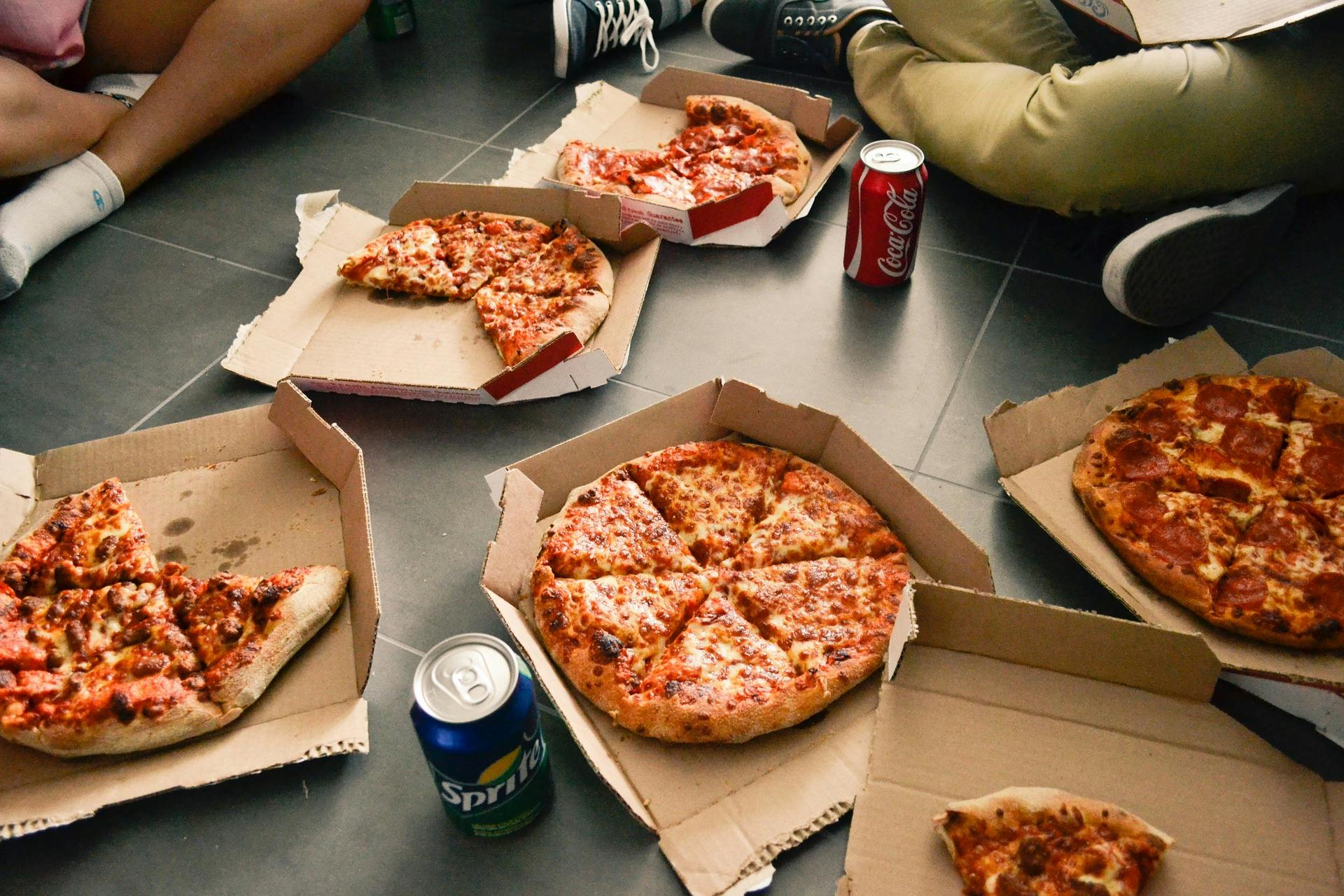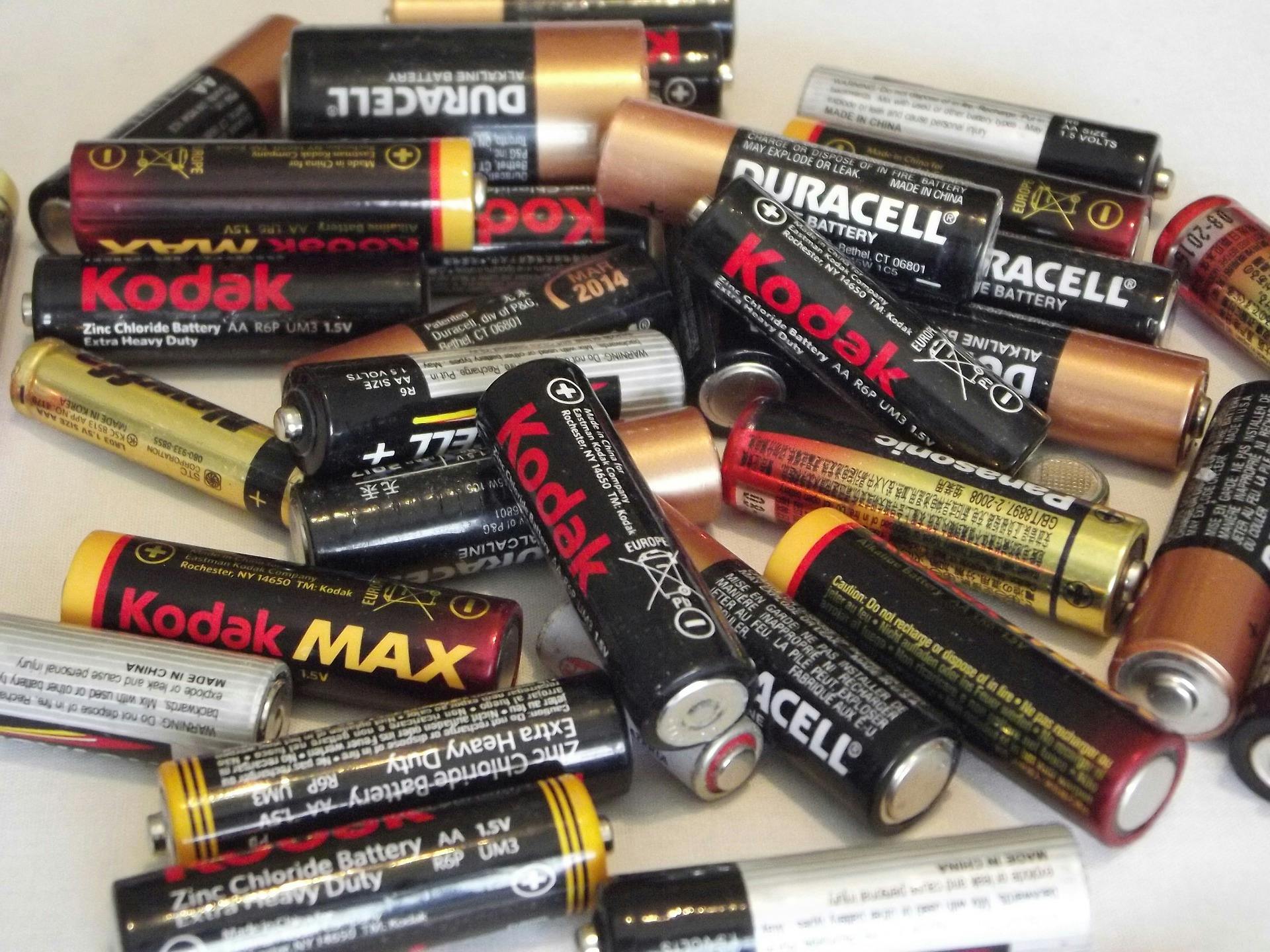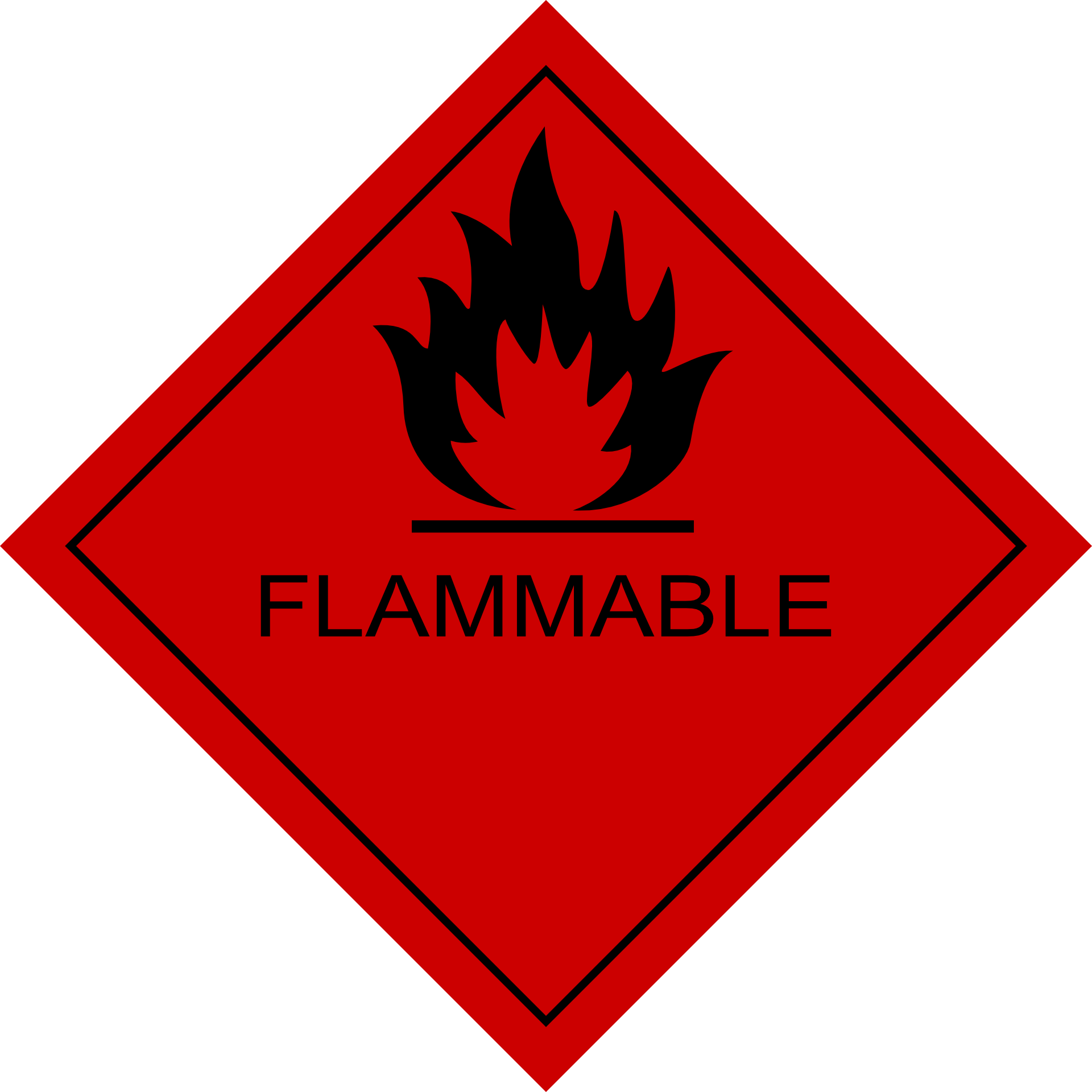Just because an item is recyclable does not mean it actually belongs in the recycling bin. You might be surprised at what exactly your local recycling center can handle, and what can’t be recycled in your bin. The fact is that most of the time, what you can and cannot recycle is not a matter of convenience but a matter of quality and safety.
What Paper Materials Can’t be Recycled

If a recyclable material, such as old newspapers, has been contaminated with organic matter — whether the source of contamination is oil, grease, food, or animal waste — it does not belong in the recycling bin. Similarly, greasy pizza boxes cannot be recycled! While cardboard is certainly a recyclable material, it is no longer useful once it has absorbed grease and food. When paper products are being recycled, they are mixed with water to form a slurry, and grease/oil will not mix with the water. The result is extremely poor quality recycled material that is basically worthless. Any contaminated paper items must be disposed of in the regular trash — even if they are designed to be recyclable.
Unwashed Plastic or Glass Items
Plastic food containers may be recyclable, but not before they have been cleaned — otherwise, they cause a serious problem at the recycling facility. Organic contamination can result in dangerous molds and bacteria, as well as bad smells. Taking a few minutes to clean off your glass and plastic containers before putting them in your recycling bin makes things far easier for the recycling center. In addition, you avoid cross-contamination with the paper materials just discussed.
Pyrex and Drinking Glasses
Pyrex and other types of glass baking dishes are not recyclable and should not be thrown into your recycling bin. The same is true for drinking glasses: while they may be 100% glass, they are made from a different type of glass than is commonly recycled. Both Pyrex and drinking glass are not recyclable for the same reason: they have extremely high melting points compared to other types of glass.
Electronics and Batteries

Electronics — including hard drives, laptops, tablets, cell phones, children’s toys, VCRs, and DVD players — should never be placed in the recycling bin. While some components in these devices are definitely recyclable, special care must be taken with other components — especially those devices that include rechargeable batteries. There are drop off locations for these types of items in your area, and they should never be placed in a recycling bin. The same is true of batteries, including rechargeable batteries, alkaline batteries, car batteries, and flashlight/lantern batteries. Your city or municipality will have information about where to dispose of your batteries — just remember they do not belong in the recycling bin.
Lightbulbs
Yes, glass is recyclable, and light bulbs are largely made of glass, but that does not mean you should put them in your recycling bin. Some light bulbs contain dangerous chemicals that render them inappropriate for being thrown in the trash, much less being lumped in with general recycling. If you want to see your glass light bulbs recycled, check your local city or municipality for drop-off locations that will accept them.
What Specific Items Can’t be Recycled
There are some other items that do not belong in a recycling bin:
- Plastics (grocery bags, shopping bags, garbage bags)
- Cardboard boxes that have not been flattened
- Hard-molded plastic packaging
- Plastic wrap
- Wires
- Aluminum foil
- Hangers
- Medical waste
- Hoses
- Coffee cups
- Construction paper
Placing such items in a recycling bin can cause serious problems for the recycling facility that is trying to process them.
Why What Can’t be Recycled Matters

Some may wonder why it matters if the wrong items end up in the recycle bin. Here is a rather dramatic example to drive this point home: in September 2019, a recycling plant in Wisconsin experienced a major fire because someone had thrown a lithium-ion rechargeable laptop battery into a recycling bin. Because of the fire hazard involved with batteries, they need to be handled separately. Fortunately, no one was injured in the fire because it was spotted quickly. However, not recycling items correctly can be dangerous, and that includes placing batteries or objects containing batteries in your recycling bin.
As alluded to earlier, organic contamination can not only impede the recycling process in the case of paper and cardboard, but it can also result in cross-contamination and put recycling center workers at risk for disease and illness from resulting molds and bacteria. Other types of items, such as Pyrex, simply do not lend themselves to typical recycling processes.
Conclusion
Recycling responsibly takes a bit of care and effort. While certain classifications of materials may be recyclable, it does not necessarily mean that the object you are disposing of belongs in your recycle bin. Unrecyclable glass, such as that used in baking dishes, should be placed in the trash, and unflattened cardboard boxes must be broken down prior to disposal in the recycling bin. For items such as electronics, batteries, and light bulbs, there are usually drop off locations where you can dispose of these items. For contaminated paper items that cannot be cleaned (e.g., greasy pizza boxes, newspapers used to line pet cages), their place is in the garbage.
Accurate Recycling
At Accurate Recycling, we know that recycling can be a challenge — and that is why we are here. We can visit your location and haul away a wide variety of items, including paper, cardboard, office waste, scrap metals, roll stock, obsolete inventory, and electronics. We can also provide you with the bins and other equipment you need to efficiently handle your recyclable waste. Accurate Recycling can not only provide you with the equipment you need but also install and maintain it for you. Contact us today to find out how Accurate Recycling can help you help the environment!
